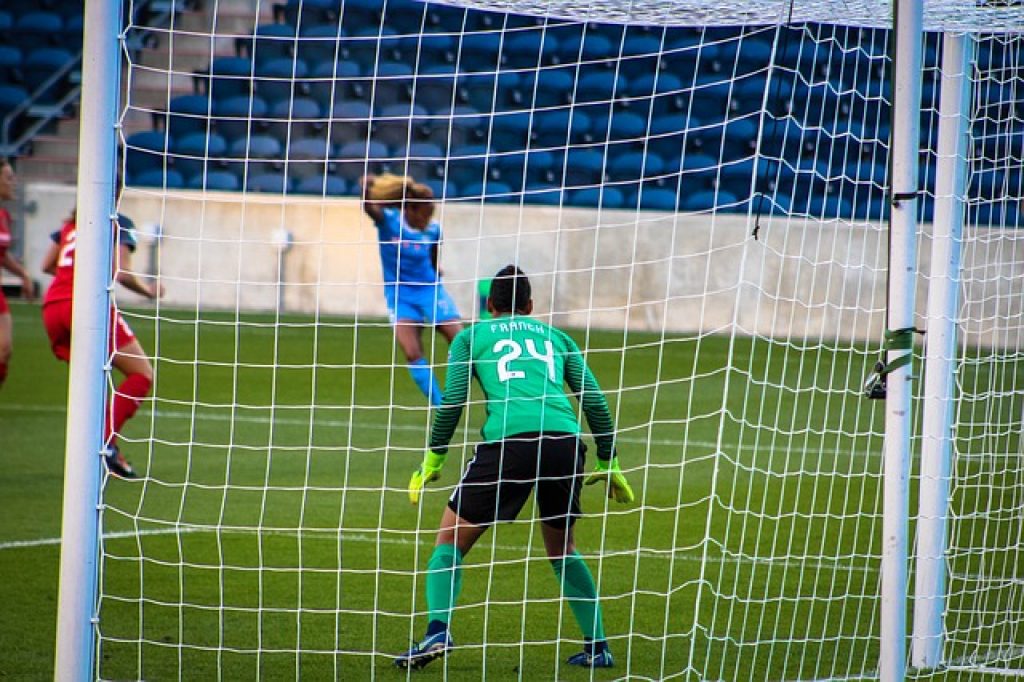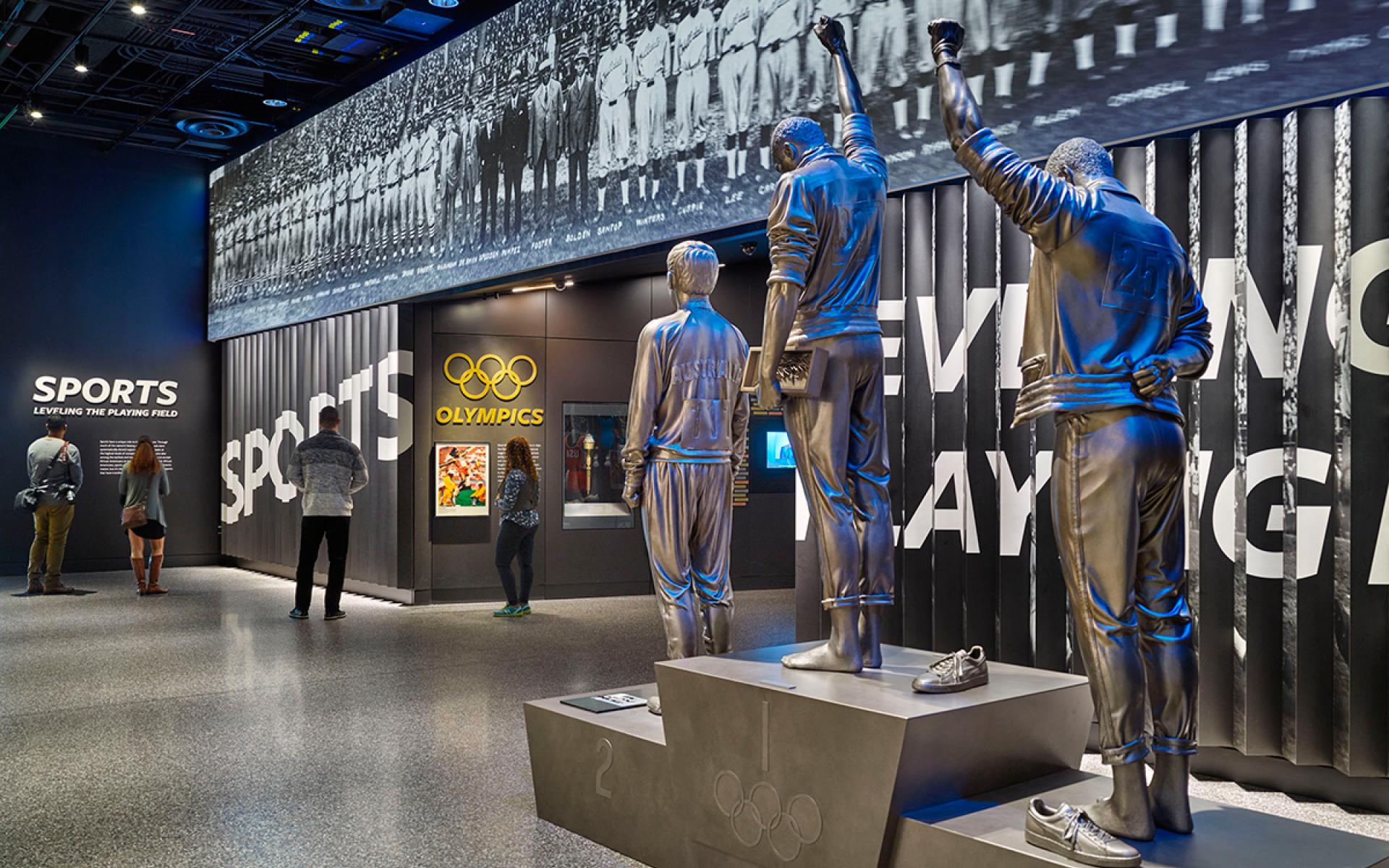
Some of the most notable names in Portuguese soccer are Luis Filipe Madeira Caeiro Figo, Fernando Peyroteo and Cristiano Ronaldo. Luis Filipe Madeira Caeiro Figo; Cristiano Ronaldo; Fernando Peyroteo; Fernando Mendes Soares Gomes. These players are amongst some of the best ever.
Fernando Peyroteo
Fernando Peyroteo, Portugal's greatest goal-scorer, is undoubtedly his best. Peyroteo was born an Angolan and scored almost two goals per contest while playing for Sporting L. Peyroteo had excellent passing skills with 5* passing. He was a valuable player for Portugal even though he did not reach the level of Cristiano Rojo.
Peyroteo played 12 seasons for Sporting Lisbon and was part five Primeira Liga titles as well as five Taca de Portugal cups winners. Peyroteo also scored 13 goals in 20 matches with Portugal's national soccer team.
Cristiano Ronaldo
Cristiano Ronaldo, who was 18 years old when he first represented Portugal's team, has continued to play since then, winning over 180 caps. He also has more than 100 international goals and is Portugal's all-time top goalscorer. He has played in 11 major tournaments and has been named as the best Portuguese player of all time.

Portugal's club star is close to him. He was their captain and helped them win Euro 2016 & the 2019 Nations League. He is also the captain of the Portuguese national team, and his dream is to lead his country to World Cup glory.
Luis Filipe Madeira Caeiro Figo
Luis Filipe Madeira Caeiro figo (retired Portuguese soccer player) played for Sporting CP. He is known as one of most gifted players in the globe, and his career spanned close to 20 years. Born in Almada, he was part of the "Golden Generation" of young Portuguese footballers. Luis, who was a winger in Sporting CP's team, went on to represent Portugal in the national football team.
Figo is the most decorated player in Portugal with 127 caps. He is still the most capped Portuguese player, and has played at two World Cups, as well as in Germany. At the European Championship, he helped Portugal reach the semi-finals. They lost to Greece at the final. Inter Milan was the final chapter of his career.
Fernando Mendes Soares Gomes
Fernando Mendes Soares Gomes, one of the most prominent players in Portuguese soccer's history, is Fernando Mendes Soares Gomes. He was a player for many teams, including Sporting Lisbon and Porto. He was a prolific goal scorer and won five Portuguese leagues as well as three domestic supercups. After playing for Sporting Lisbon's last team, Gomes quit professional soccer in 1991. Gomes played for Sporting Lisbon in his final season and helped the club reach the semi-finals of the UEFA Cup.
Gomes was a great success with Porto in the late 1970s. He later played for Sporting CP in the Primeira Liga, and spent two seasons with Sporting de Gijon in Spain. He was part of his country's 48-player team and scored 13 goals. He competed in UEFA Euro 84, and the 1986 FIFA World Cup.

Rui Costa
Rui is a former Portuguese professional soccer player who made his debut in FC Porto at the tender age of 11. Born in Amadora he rose quickly through the ranks and was one of the best midfielders of his generation. His versatility and great first touch made him a standout in crowded areas.
Costa won both the FIFA U-20 World Cup together with Portugal in 1991, and the Toulon Trophy in 1992. In both these tournaments, he was named Best Scorer and the Tournament's Top Player. In addition, he was a member of the UEFA European Championship team twice, in 1996 and 2000. In 2002-03, he was awarded the UEFA Champions League top assists award. He retired from professional football following the 2007-08 season, despite all his accolades and international experiences.
FAQ
What is the best position for me to play on a football team?
A coach must choose you in order for you to participate on a team. There are several positions that can be filled on a soccer squad. These include goalkeeper, defender, midfielder, forward, and goalie. Each player is given a different role.
What happens when a soccer goal is scored?
Once a goal is scored the opposing player gets a chance for a free kick. If the defending team is found guilty of a foul during play, they can take a free kick. A free kick can be taken after the goal is scored.
What is a goal kick?
Goal kicks happen when a player passes the ball over the crossbar to the net. Goal kicks are sometimes called "golden chances." A long-range shot from just beyond the goal would be an excellent example of a gold opportunity.
Can I play without special equipment for soccer?
Yes, it is possible to play without any special equipment. You only need a ball, a field and some teammates. A team can be formed if there are friends who want to play with you.
What does a goalie in soccer do?
The goalies keep the ball out of the net for the opposing team. Goalies block the ball from entering their net using their hands, feet, or head.
What are the differences between soccer balls?
There are three main categories of soccer balls: indoor, outdoor, and training. Indoor soccer balls can be used during practice sessions. Outdoor soccer balls are built to withstand extreme weather conditions like rain and wind. Training balls are made specifically for children.
Statistics
- Get 10% off your first purchase using code BLOG. (technefutbol.com)
- the estimated cumulative television audience for the 2006 World Cup in Germany was 26.2 billion, an average of 409 million viewers per match." (en.wikipedia.org)
- Even with the new issuance, control of the club will be retained by the Glazer family as they will retain 67% of B shares which have voting power, so little will likely change in the general approach taken to the finances of the club. (sites.duke.edu)
- The Laws of the Game do not specify any player positions other than goalkeeper, [74] These positions are further subdivided according to the area of the field in which the player spends the most time. (en.wikipedia.org)
- They are not just good at dribbling because they are talented alone, but because they put in 100% effort during every practice. (coachtube.com)
External Links
How To
How to improve soccer passing
Passing is one of the most important skills in football (soccer). It involves moving the ball from player to player while maintaining possession of the ball. You must be able quickly and accurately pass the ball.
It is important to understand the differences between passes and when and where you should make them. They should also be practiced until they become second-nature. There are four main types: long balls (short passes), long balls (long balls), through balls (through passes), and through balls (through passes). The goal of short passes is to move a ball forward. They are generally made at close range. Long balls are thrown in the direction of the opponent's penalty box. Through balls can be passed directly into the pitch's middle, and through passes to another team member are used to pass the ball to your goalkeeper.
You should keep your pass simple and make sure you have enough space for your teammate to receive it. If your teammate doesn't have enough room, he might lose his balance or fall and lose control of the ball. You should cover your teammates whenever possible when playing defense. This way, your opponents cannot easily use them to attack.
Another important thing to remember when playing is not to throw the ball away. The opposing team could capitalize on your mistake and make it even harder to score. Always look for opportunities to score goals and open doors. If there are gaps in your defence, exploit them.
Practice every day if you want to improve your game. To prepare for your next match, you can do drills. Make sure that you warm up properly before a game starts. Then, give your best during the game. Be calm and keep your head down. These tips will allow you to perform better in a game.